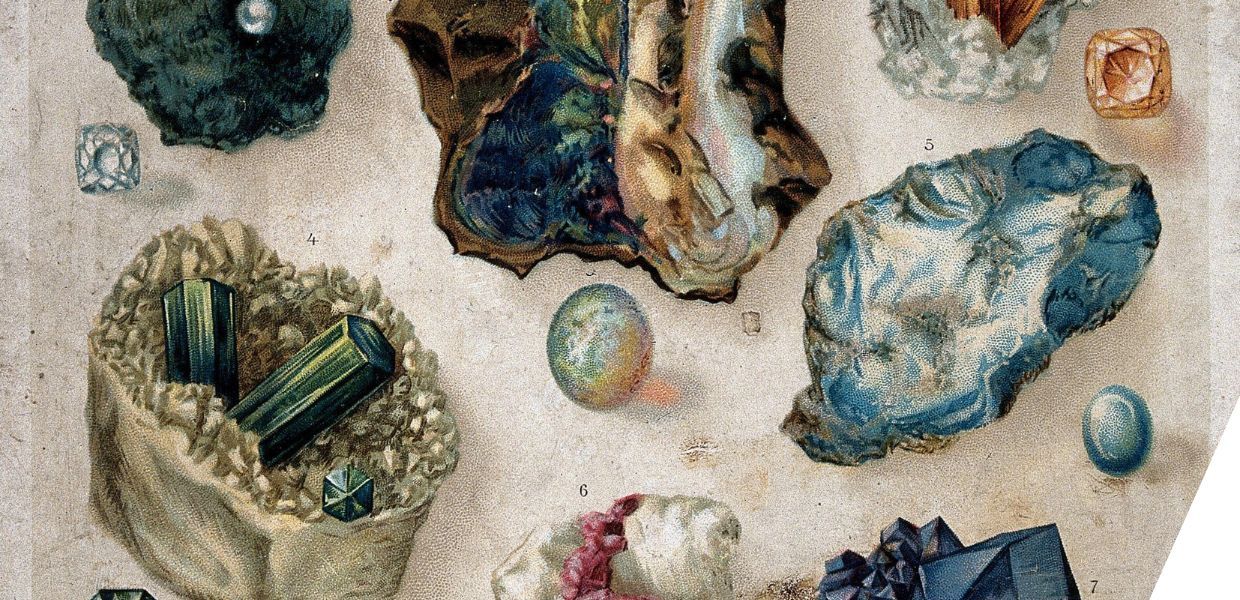What do we mean by enrichments?
Enrichments are data about a cultural heritage object (i.e. metadata) or of the object itself (i.e. its content) that augment or rectify the authoritative data made available by cultural heritage institutions. Enrichments of metadata aim to improve the object by producing new statements (adding new or refining existing information) about it, while content enrichments aim to produce alternative representations of the object. Enriching cultural heritage data has been attracting interest and offers a lot of potential for digital cultural heritage.
Enrichments might include Object Character Recognition (OCR) of a book; the audio transcription of a speech; subtitles of a video; adding a new subject from a vocabulary to the object; correcting the name of an author; audio description of a painting; annotating a scientific article with background references; or adding collection-level metadata for an archival item.
Why do we need a policy?
As enrichments become more established and relevant in the common European data space for cultural heritage, we want to ensure that a clear purpose guides all of our enrichment efforts, while contributing to the objectives of the common European data space for cultural heritage and respecting the values we believe in.
Developing a policy that touches upon many areas, from ingestion to reuse, ensures that any enrichment effort is designed with an understanding of the dependencies and priorities in other areas, and conceived and developed collaboratively by stakeholders.
A policy can provide a set of principles that guide enrichment efforts across projects, organisations and activities in the ecosystem in and around the common European data space for cultural heritage and ensure harmonisation.
Your input is key
The policy should be developed collaboratively by consulting and bringing in the views, priorities and concerns of stakeholders and experts.
To do that, we invite you to answer an initial overarching survey that will help us gather various ideas, plans and concerns in the area of enrichments and digital cultural heritage.
We will compile and share the results and where necessary set up further conversations with relevant stakeholders.




